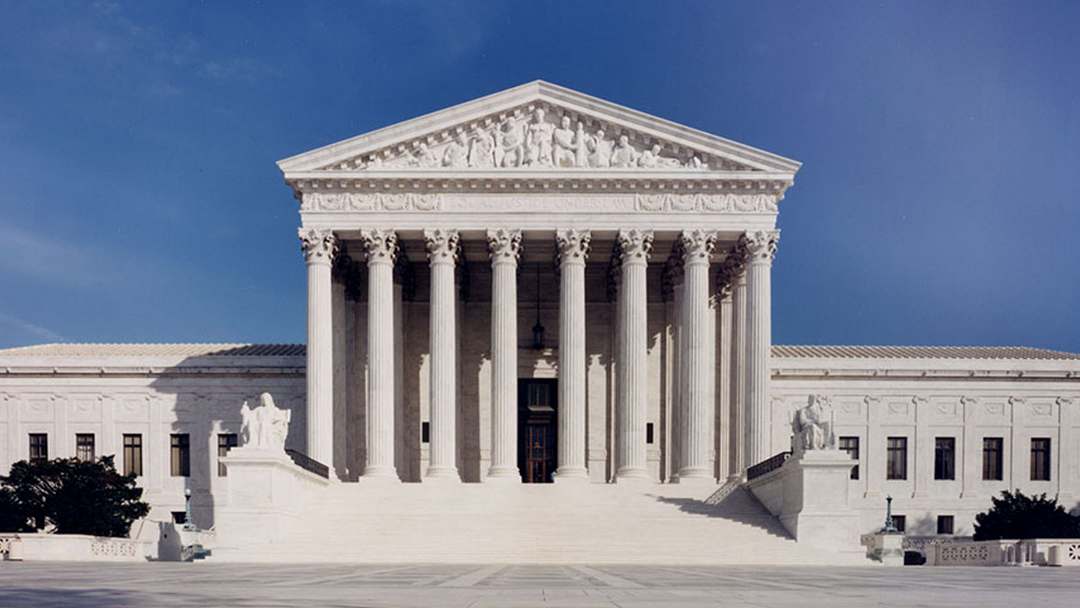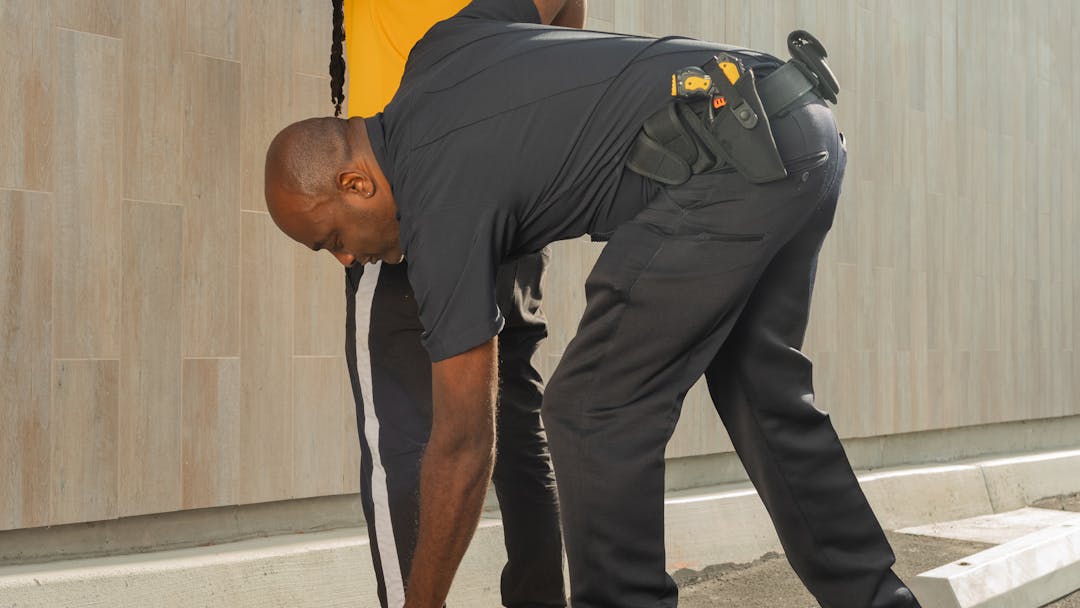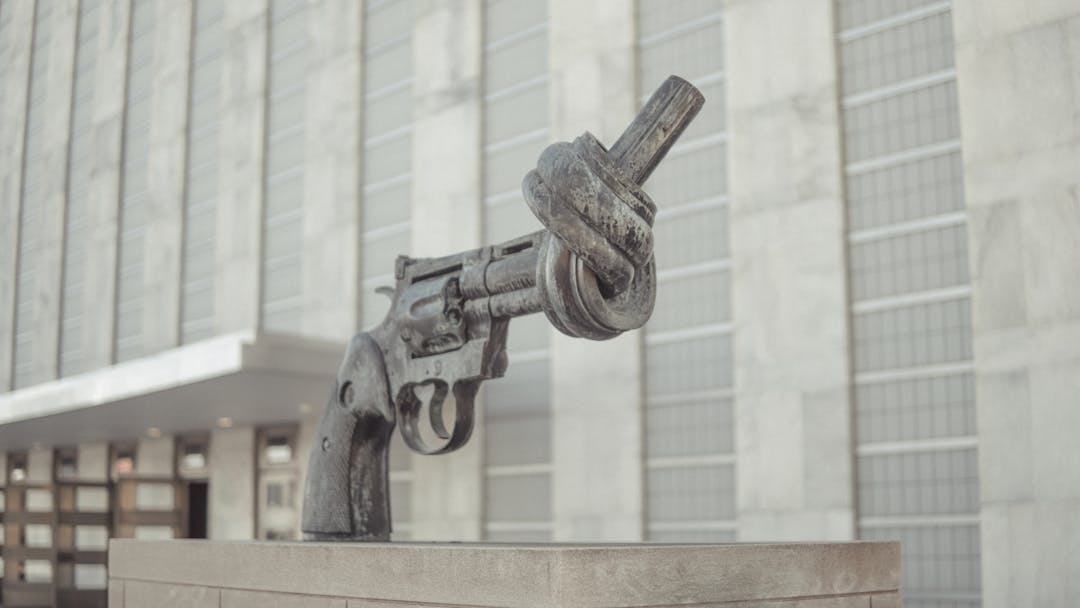Proposed Rule Seeks to Move Marijuana from Schedule I to Schedule III, Emphasizing its Currently Accepted Medical Use in Treatment in the United StatesThe Justice Department announced today that the Attorney General has initiated a formal rulemaking process to...

SCOTUS: No separate hearing required when police seize cars loaned to drivers accused of drug crimes
SCOTUS: When police seize cars loaned to drivers accused of drug crimes it does not necessitate a separate preliminary hearing.
The U.S. Supreme Court has ruled against two women who loaned their cars to others arrested for drug crimes while using the vehicles, leading Alabama police to seek civil forfeiture of the cars.
Their vehicles were confiscated under an Alabama statute that empowers law enforcement to seize cars utilized in the commission or facilitation of drug-related offenses.
APPEALS in STATE or FEDERAL COURT
When you need to appeal a decision you feel is wrong.
Call Komorn Law (248) 357-2550
In a 6-3 decision, the Supreme Court ruled that the due process clause of the 14th Amendment mandates a timely forfeiture hearing in cases involving the seizure of personal property—however, it does not necessitate a separate preliminary hearing.
CULLEY ET AL. v. MARSHALL, ATTORNEY GENERAL
OF ALABAMA, ET AL.
CERTIORARI TO THE UNITED STATES COURT OF APPEALS FOR
THE ELEVENTH CIRCUIT
No. 22–585. Argued October 30, 2023—Decided May 9, 2024
Petitioner Halima Culley loaned her car to her son, who was later pulled over by Alabama police officers and arrested for possession of
marijuana. Petitioner Lena Sutton loaned her car to a friend, who was
stopped by Alabama police and arrested for trafficking methamphetamine.
In both cases, petitioners’ cars were seized under an Alabama civil forfeiture law that permitted seizure of a car “incident to an arrest” so long as the State then “promptly” initiated a forfeiture case. Ala. Code §20–2–93(b)(1), (c).
The State of Alabama filed forfeiture complaints against Culley’s and Sutton’s cars just 10 and 13 days, respectively, after their seizure. While their forfeiture proceedings were pending, Culley and Sutton each filed purported class-action complaints in federal court seeking money damages under 42 U. S. C. §1983, claiming that state officials violated their due process rights by retaining their cars during the forfeiture process without holding preliminary hearings.
In a consolidated appeal, the Eleventh Circuit affirmed the dismissal of petitioners’ claims, holding that a timely forfeiture hearing affords claimants due process and that no separate preliminary hearing is constitutionally required.
Read the rest of the SCOTUS Opinion here
In the FEDERAL COURT SYSTEM
When you need to go on the offense – to put the prosecution on defense
Komorn Law (248) 357-2550.













